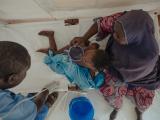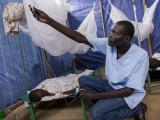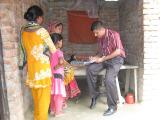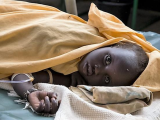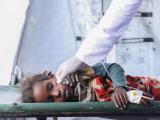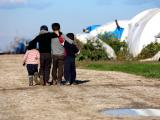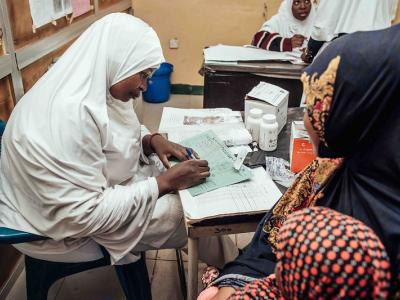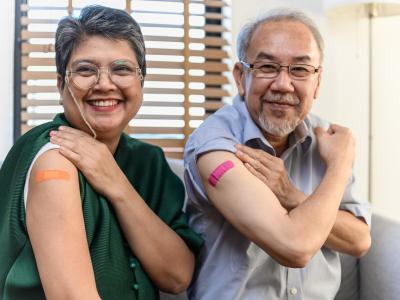The World Health Organization (WHO) Eastern Mediterranean Regional Office (EMRO) yesterday said a large increase in cholera activity has been under way in Yemen since the first of the year.
The outbreak comes 2 years after the country experienced the world's largest cholera outbreak ever recorded, an event that sickened more than 1 million people.
As of Mar 17, nearly 109,000 cases of watery diarrhea and suspected cholera have been reported in Yemen, along with 190 related deaths. The WHO said about a third of the illnesses are in children younger than 5.
MSF responds to 'exponential rise'
In a related development, Doctors Without Borders (MSF) said today that it has responded to an exponential rise in cholera cases across four of Yemen's governorates and is scaling up its response.
It said that, from Jan 1 through yesterday, it has admitted 7,938 suspected cases to its health facilities in Amran, Hajjah, Ibb, and Taizz governorates. Since the first of the year, the number of patients treated at MSF facilities has increased from 140 to 2,000 per week.
The group said water and sanitation activities need to be scaled up to prevent cholera from spreading across the country.
The WHO said the number of suspected cases could rise further with the early arrival of the rainy season, the collapse of water systems, contaminated water systems, unreliable electricity, and families fleeing violence, especially in Al Hudaydah and Taizz.
Stepped-up response
WHO and its partners have stepped up response actions, which focus on 147 priority districts where 413 diarrhea treatment and oral rehydration centers are operating. Water and sanitation system repairs are operational, with chlorination and disinfection activities focused on 95 target areas.
Also, a round of oral cholera vaccination reached more than 400,000 in several Yemen districts.
The WHO said it and its partners are committed to scaling up the response to prevent a repeat of the massive outbreak 2 years ago, including proven measures such as the oral cholera vaccine. It added, however, that several challenges exist, including intensified fighting, access restrictions, and bureaucratic hurdles to getting lifesaving supplies and personnel into the country.
In the WHO EMRO statement, UNICEF and the WHO called for restrictions to be lifted on humanitarian operations and reiterated their calls for fighting to end. "If not, Yemen will continue to be trapped in a web of diseases, malice and sink deeper in endless humanitarian disasters, with the most vulnerable paying the highest price," it said.
See also:
Mar 26 WHO EMRO statement
Mar 27 MSF statement


